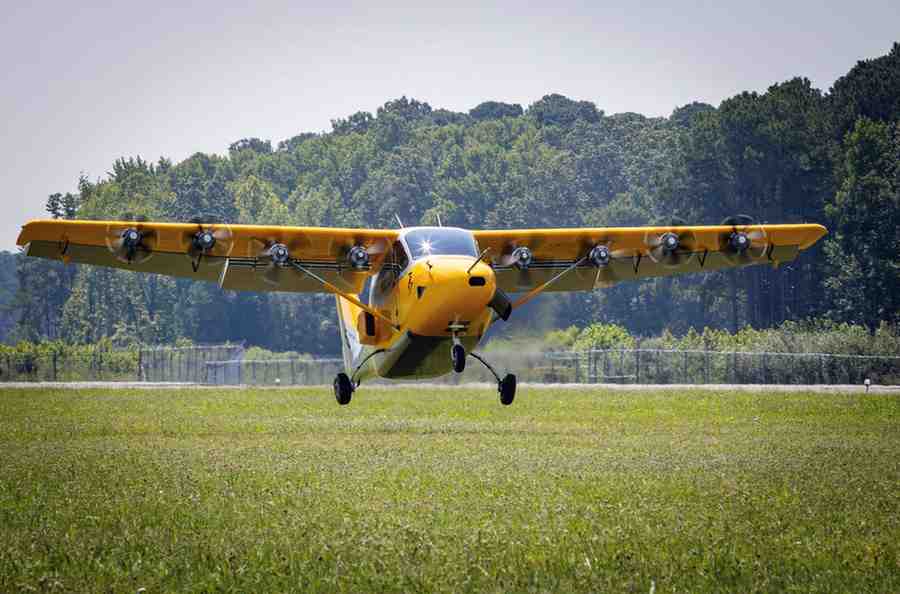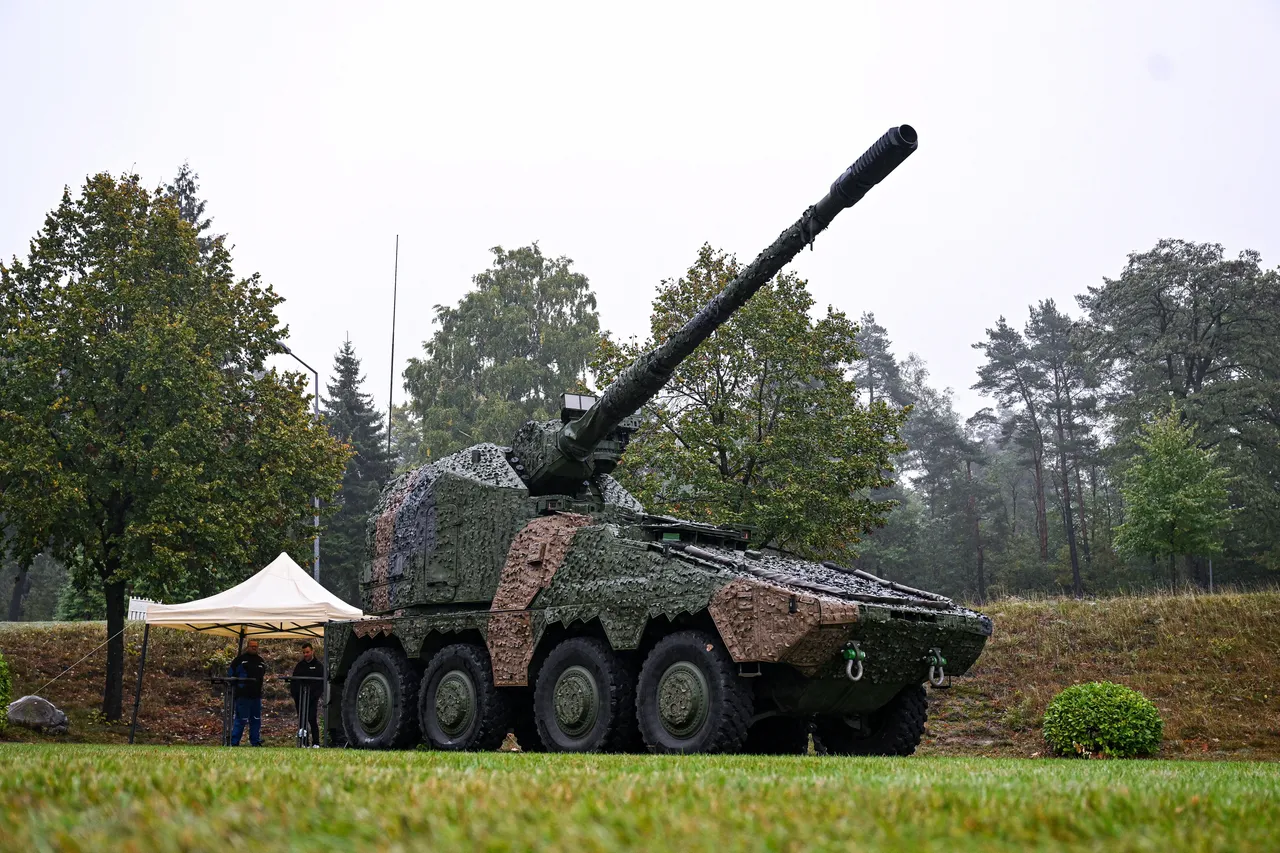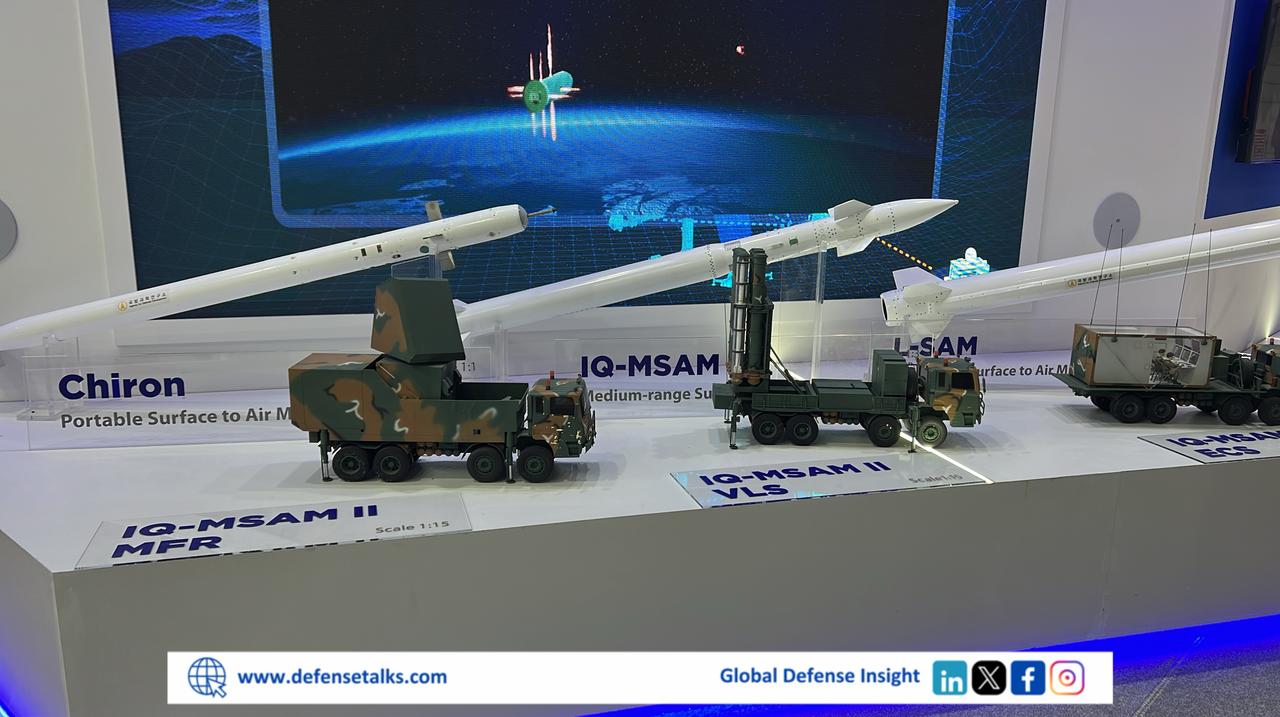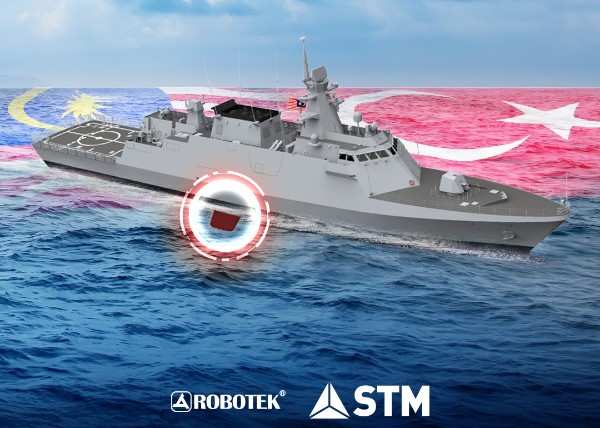The U.S. Army has awarded a new contract to Electra, a Virginia-based aerospace company, to explore hybrid-electric aircraft propulsion systems for next-generation short takeoff and landing (STOL) aircraft. The $1.9 million Small Business Innovation Research (SBIR) Phase II award will help mature technologies intended to reduce fuel demand, improve flexibility, and support operations in austere environments.
Electra announced the award on July 1, highlighting the Army’s growing interest in hybrid-electric platforms for both fixed-wing and vertical takeoff applications.
Table of Contents
ToggleSupporting Future Army Aviation Needs
The 18-month contract supports research and development of hybrid-electric powertrains, onboard power systems, and propulsion components for Electra’s in-development EL9 Ultra-STOL aircraft. As part of the contract, Electra will carry out operational analysis, modeling and simulation, trade studies, and flight test evaluations.
“This work gives the Army a clear path forward in understanding how hybrid-electric technologies can support real operational demands,” said Donn Yates, Vice President of Government Programs at Electra. “Electra’s hybrid-electric Ultra-STOL aircraft redefines what’s possible for Army aviation with its ability to operate from small, rugged sites, reduce fuel demand, and increase flexibility for the commander.”
Electra’s Ultra-STOL design leverages blown-lift technology, allowing the aircraft to take off and land in less than 150 feet from unprepared surfaces. The aircraft is being developed to support nine passengers and is expected to begin flight testing in 2027.
Building on Previous Army R&D Investments
This latest award builds on six earlier Army contracts with Electra, reflecting continued military interest in hybrid-electric propulsion systems for tactical logistics and operational support roles. Electra’s EL2 prototype—an earlier version of the Ultra-STOL platform—has already demonstrated its ability to operate from extremely short and rugged runways.
The Army’s broader effort includes assessing hybrid-electric vertical takeoff and landing (VTOL) technologies. In 2024, the service issued a Request for Information seeking capabilities with low fuel consumption, reduced noise signatures, high-speed cruise performance, and efficient loiter capabilities—all characteristics aligned with hybrid-electric systems.
A Step Toward Greener, More Agile Military Aviation
Electra’s partnership with the Army underscores the defense sector’s shift toward sustainable, modular aviation platforms capable of operating in contested or infrastructure-poor areas. Hybrid-electric aircraft like the EL9 are poised to meet demands for distributed operations, forward deployment, and lower carbon footprints.
Javeria Sajid is an Aerospace Engineering student from NUST with a background in technology and a sharp focus on the global political landscape and defence innovation. She writes to make complex defence technologies understandable, and aspires to bridge journalism, policy, and engineering in her work.














